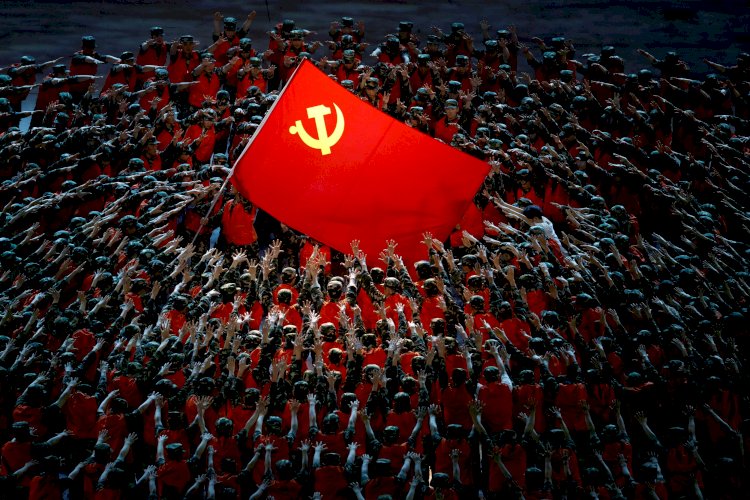U.S, its allies in NATO and the EU have started blaming China on the Microsoft exchange server hack
The countries have started publicly blaming the China’s Ministry of State Security for initiating a cyberattack on Microsoft Exchange email servers this year

A newer joint attempt has been initiated by NATO member states, Australia, the European Union, Japan and New Zealand for coming together and tackle the global threat that is posed by Chinese cyberattacks that appears to be state-sponsored. The countries have started publicly blaming the China’s Ministry of State Security for initiating a cyberattack on Microsoft Exchange email servers this year. The attack is known to be carried out by criminal contract organization and hackers that were supposedly working for the MSS, engaging in cyber-enabled extortion, ransomware, and cryptojacking.
The amalgamated group is expected to share intelligence on these kinds of cyberthreats and collaborate with one another on network security and defenses. The FBI, Cybersecurity and Infrastructure Security Agency, and National Security Agency announced the release of new advisory listing with 50 tactics and techniques that the Chinese state-sponsored hackers are undertaking. The Microsoft Exchange server was under attack and got public back in March. It is expected to have hit more than 30,000 American organizations and thousands worldwide.
Microsoft Corp. was able to identify the group right away as an unknown Chinese espionage network which is translated as Hafnium. The United States is refraining from making a public blaming on the Chinese government for the attack. The delay in blaming and identifying China was governed by due investigations and some room to assemble the evidence for proving that the Hafnium hackers were Chinese state payroll.
At these times, the cybersecurity and cyberwarfare have been one of the most controversial issues and must be considered deliberately. Cyberwarfare is gradually becoming and shaping itself as the front line in the global power struggle across autocratic and democracies states. The new alliance over cybersecurity is expected to become a model for all those future efforts that could encounter transnational threats.




























